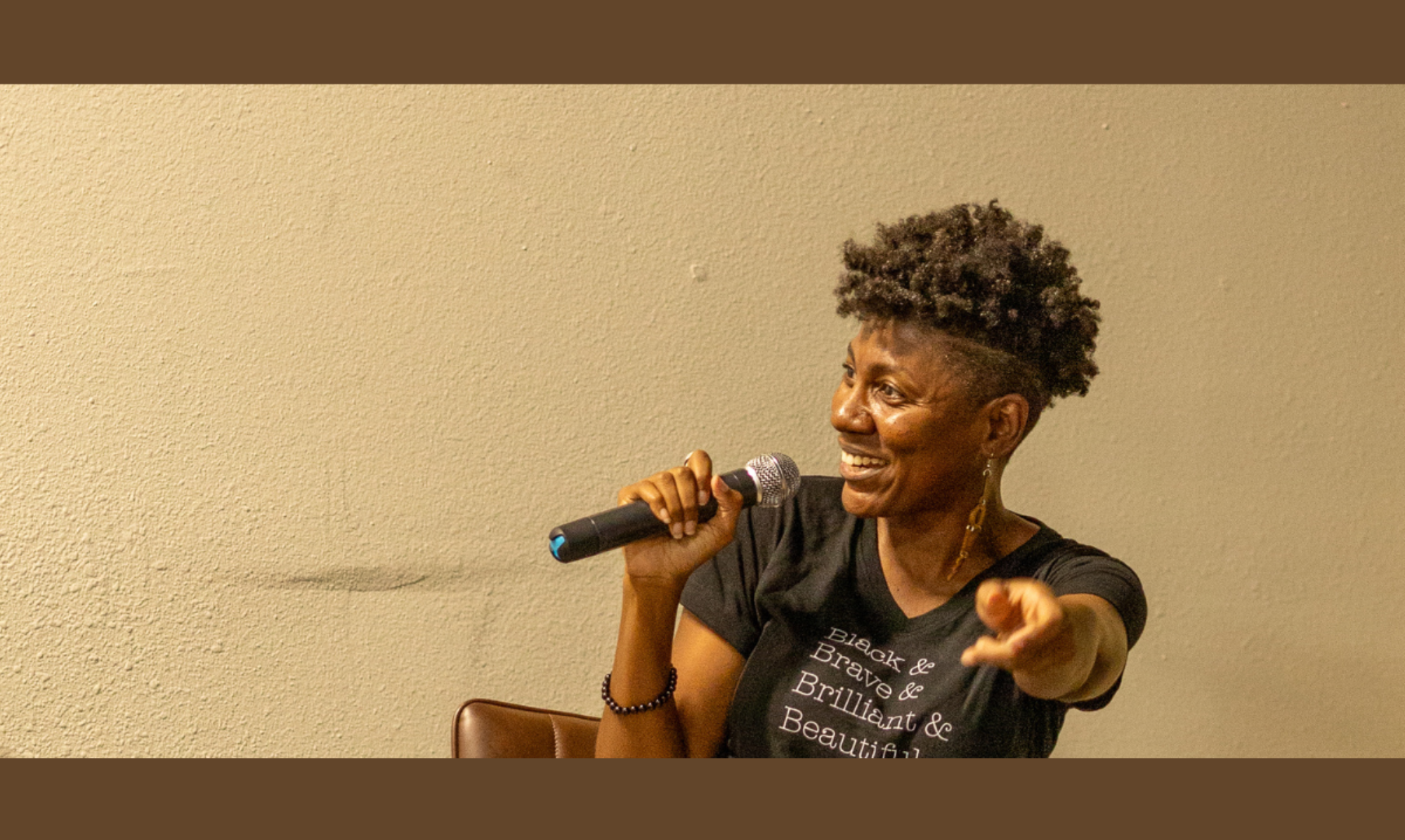Colorism in social media can be seen as merely a reflection of what goes on in the world at large; however, the very nature of social media has actually transformed the ways in which we experience colorism in modern society.
Listen to Dr. Webb read this blog post or scroll to continue reading.
Throughout history, colorism has always been perpetuated in large part through various forms of media, from ancient stories and texts that equated dark with evil and light with good, to prejudicial casting in Hollywood films.
But social media has a few characteristics that make it unique from other, older forms of media. Social media:
- allows people to be anonymous or create personas, therefore allowing them to say things they might have never voiced otherwise.
- allows people to organize around common interests and easily connect with like-minded people.
- creates a false sense of importance that prompts us to publicize all of our thoughts as if each one is breaking news being fed to an eager audience of adoring fans or concerned citizens.
- keeps a record of what we say, tracks our online behavior, and informs us of what’s trending in certain areas.
- is searchable, making it easy to find people and what they’re saying on any given topic.
- is a more accessible form of media, a forum where more people can be seen and heard.
- makes the world seem smaller by providing access to more people than ever before and by facilitating connections across societal and geographic borders.
These aspects of social media impact our experience of colorism in three basic ways:
- Increased Conversation
- Greater Alliances
- More Control
Increased Conversation
Most of what people tend to discuss when talking about colorism in social media are the destructive conversations. Many folks post negative and stereotypical comments about people with certain skin tones, they brag about their prejudices, and they promote activities that perpetuate division and competition. Because I want this particular site to be as free of the negativity as possible, I’ve decided not to do the typical screen capture of some of these destructive social media posts, but if you’re curious or feel like you need to “see it to believe it,” a simple Google or twitter search will get you there.
But through social media, we’ve also had more constructive conversations about colorism, mainly to talk directly about stopping it, healing from it, acknowledging the detrimental effects, and affirming one another. On twitter, I’ve started a list that I call “Anti-Colorism Advocates.”
This is what’s beautiful about social media to me. People can reach out to one another in love, even to people they’ve never met. I want to encourage all of us to post, retweet, share, like, or pin more of the constructive conversations.
Greater Alliances
You might have heard of “alliances” like #teamdarkskin and #teamlightskin, which have seemed to create more division on the whole. However, social media does make it more simple to form constructive alliances. It’s relatively quick and easy to reach out to someone and receive instantaneous feedback. There’s potential for, and already much foundation being laid, for a global coalition against colorism (which I first mentioned in this post). This is the kind of alliance that could change the world for the better.
It wouldn’t be the kind of league that pits “us against them” in a battle against humanity. Quite the opposite. It would be a coalition of humanity working to dismantle the harmful ideology or white and light.
These constructive alliances also go a long way in letting young people know that they are not alone in their hurt and struggle, that there are others enduring the same thing, that there are others who’ve overcome it, and that there are others willing to help them do the same.
More Control
The mere fact that this site and others like it even exist and the fact that people like you are reading them is a testament to the more democratic and accessible nature of the internet.
This benefits us as we work for change because we can seek out, create, and disseminate content that heals us and others. Part of healing the world from colorism is letting people of color know that just like we have control over how we design our profiles, who we follow or friend, and what we post on our social media accounts, we also have control over our healing. We can be proactive in nurturing the best in ourselves. We have the power to undo any self-defeating patterns we may have. We are not helpless and hopeless in the face of a long legacy of racism and colorism around the world because we also have a long legacy of triumph. And social media is the new tool that can help us sculpt a better world.
Let’s put out enough love and affirmation that we nullify the existence of colorism in social media.

